The Environment and Communications Legislation Committee on Thursday released recommendations that the proposed Murdoch Media Inquiry Bill 2023 not be passed. The Committee found that the establishment of a Commission of Inquiry “was not the most appropriate mechanism for addressing the challenges facing Australia’s media landscape, especially since a significant range of measures to address the issues have already been initiated”.
This is despite acknowledging that submitters to the inquiry were “overwhelmingly in favour of an inquiry into the current state of media diversity, the conduct of media outlets in Australia and their impact on our democracy, with a particular focus on the Murdoch media”.
The report made several references to the Local and Independent News Association’s (LINA) 2023 submission to the Committee, such as LINA’s discussion of many of the current challenges to the sustainability of local and independent news media. These include media concentration, audience moves to digital consumption and the weakening of business models sustained by advertising and user-fees on a global scale.
LINA’s recommendation that an inquiry should not slow down the implementation of measures to support local news media was quoted in the report:
“LINA shares the Commonwealth’s objectives to reduce news deserts and strengthen public interest news services for communities across Australia. From that perspective, LINA supports the rationale behind the Murdoch Media Inquiry Bill, but notes that it should not delay already overdue actions to curb the closure of local newsrooms and the reduction of journalism skills in regions. This work is urgent and the proposed Inquiry should inform further steps and not slow down work already underway.”
— LINA’s Submission to the Murdoch Media Inquiry Bill 2023.
LINA Executive Director Claire Stuchbery said LINA maintains this position as another turbulent year for news media draws to a close.
“Since the Murdoch Media Inquiry Bill was first introduced in 2023, the challenges for local and independent news media have only increased due to new developments such as Meta’s deprioritisation of news on social media,” she said.
“We encourage the government to direct any funding that may have been spent on conducting a Royal Commission or inquiry straight into newsrooms that are producing public interest journalism.”
The Committee acknowledged that “a healthy democracy and inclusive society in Australia depends on the free and open exchange of ideas and information, and informed decision making”. The report shared details about other methods, used currently or in development, to support the diversity of the Australian news media, including the News Media and Digital Platforms Mandatory Bargaining Code and the anticipated News Media Assistance Program.
Similarly, other potential solutions to improved media diversity in Australia were acknowledged. This includes LINA’s recommendation for an increased government spending on advertising within news media, including legislated government advertising spend ratios to support a ‘viable and diverse public interest journalism sector’.
Australia has one of the most concentrated media markets in the world, second only to Brazil in the 15 countries studied in a September report from the Global Media and Internet Concentration program.
While this is of significant concern to our democracy and demands immediate intervention, LINA acknowledges actions in progress and urges expediency in the rollout of support programs for newsmakers. Meanwhile, LINA continues its own work to directly tackle media concentration through supporting grassroots journalism with practical capacity and revenue-building support for local and independent newsrooms.
Media contact:
LINA Policy and Strategic Communications Officer
Nell O’Shea Carré
+61 458 774 682
nell.oshea.carre@lina.org.au


